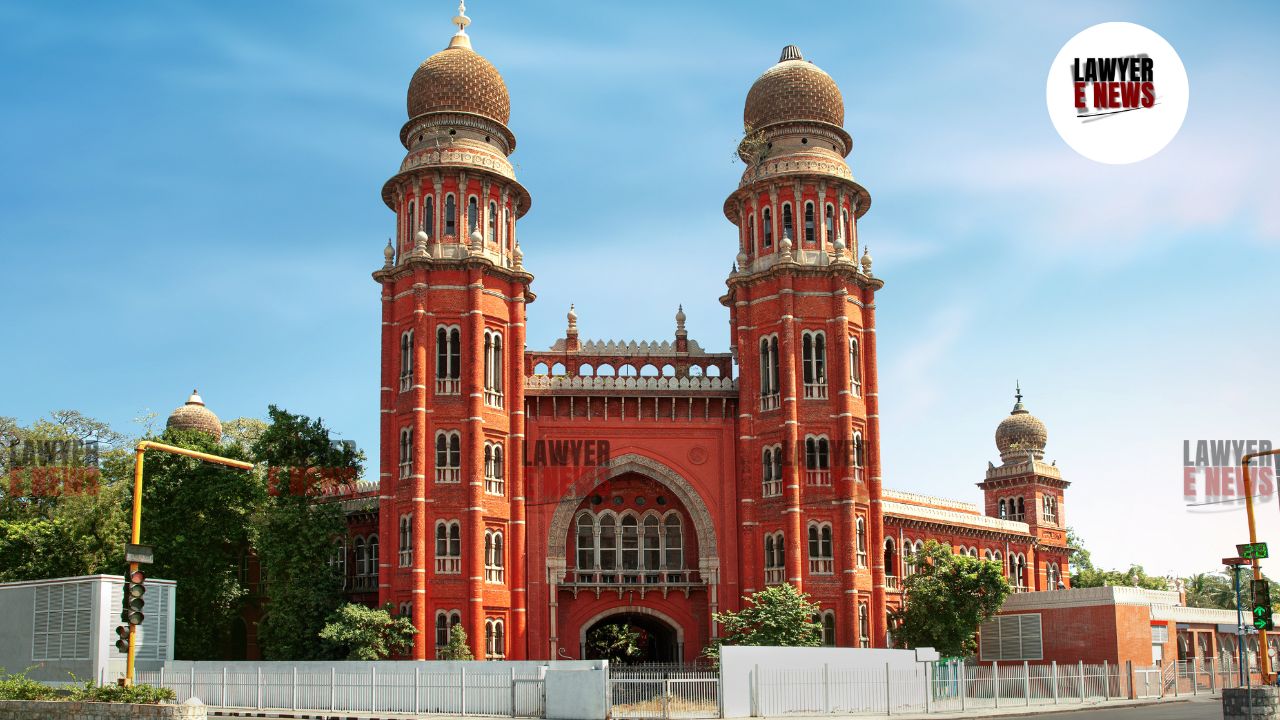-
by Admin
15 February 2026 5:35 AM



Madurai Bench of the Madras High Court, in Ramesh Flowers Private Limited v. Sumit Srimal, ruled that courts cannot automatically extend deadlines for filing written statements beyond the 30-day limit prescribed under Order 8 Rule 1 of the Code of Civil Procedure (CPC). Justice G.R. Swaminathan emphasized that any delay must be supported by a formal application, offering proper explanations, and the court must record reasons before condoning the delay.
Ramesh Flowers Private Limited, the petitioner, had filed a suit against its former employee, Sumit Srimal, for acts allegedly detrimental to the company's interests. The respondent, Sumit Srimal, filed his written statement beyond the 90-day limit without applying for condonation of delay, prompting the petitioner to seek the rejection of the written statement.
The central question was whether the trial court could accept a delayed written statement without a formal application and whether the defendant could benefit from the court's adjournments in violation of procedural rules.
Justice Swaminathan ruled that filing a written statement beyond the 30-day limit requires a written application seeking condonation of delay, with proper reasons provided. He cautioned that courts must avoid routinely extending deadlines, as this undermines the legislative intent of time-bound civil procedures.
"The court's discretion to condone delays must not nullify the statutory deadlines set under Order 8 Rule 1."
The Court emphasized that allowing automatic extensions without justification would defeat the purpose of timely dispute resolution, particularly in commercial matters.
The Court set aside the trial court’s order accepting the delayed written statement, directing the defendant to file a formal application for condonation of delay. This ruling reinforces the principle that deadlines in civil litigation must be respected, and delays should only be condoned for valid, documented reasons.
Date of Decision: September 13, 2024
Ramesh Flowers Private Limited v. Sumit Srimal.
